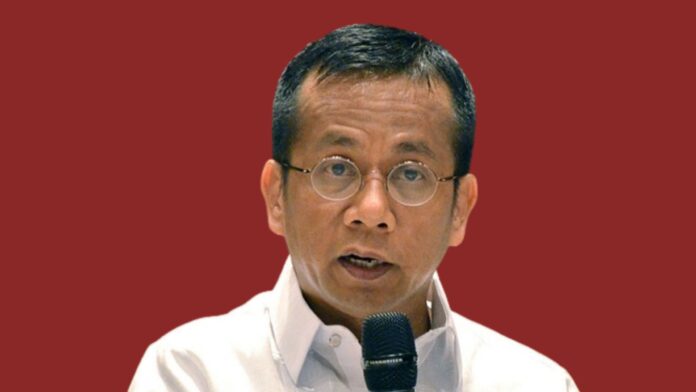The National Economic and Development Authority (NEDA) said the central bank’s continued tightening cycle would slow down the country’s economic growth this year.
At the Wallace Business Forum Roundtable on Wednesday, NEDA and Socio-economic Planning Secretary Arsenio M. Balisacan said the effects of Bangko Sentral ng Pilipinas’ (BSP) policy rate hikes are expected to weigh on consumer and investment appetite later this year.
“The Philippine economy risks a slowdown as the Bangko Sentral ng Pilipinas, or BSP, is forced to tighten monetary policy to rein in continued upward price pressures,” Balisacan said.
The BSP raised in February overnight borrowing rate by 50 basis points to six percent, bringing cumulative hikes to 400 basis points since May last year.
“Given the lagged effect of monetary tightening, this policy response will likely slow down consumption and investment as consumers and investors hold off on their spending and plans to expand in the coming months.”
Socio-economic Planning Secretary Arsenio M. Balisacan
For 2023, the government targets the economy, as measured by the country’s gross domestic product (GDP), to grow by six percent to seven percent, slower compared with the 7.6 percent expansion registered last year.
The economy remains driven by consumption contributing nearly four-fifths of GDP growth, while services pitched in close to three-fourths of the expansion.
The reopening of the economy after the Covid-19 crisis was critical to the strong growth rebound, as businesses—especially those catering to our tourism, retail, transportation, logistics, and education sectors—resumed their operations and expansion.
However, Balisacan has noted that the pent-up domestic demand has began to fade amid skyrocketing consumers prices.
Inflation, initially driven by external factors, has now become a policy issue mainly on the domestic front after hitting 8.7 percent in January.
The Philippines is presently an outlier among its neighbors in the region, Balisacan said
“Tempering food and energy price increases is an urgent imperative to ensure the sustainability of consumption growth,” the NEDA chief said.
But Balisacan said “domestic risks to inflation may dampen this [2023 growth] outlook if upward price pressures force BSP to raise its policy rates.”
“The most crucial issue that government must urgently address is high inflation,” he said.







